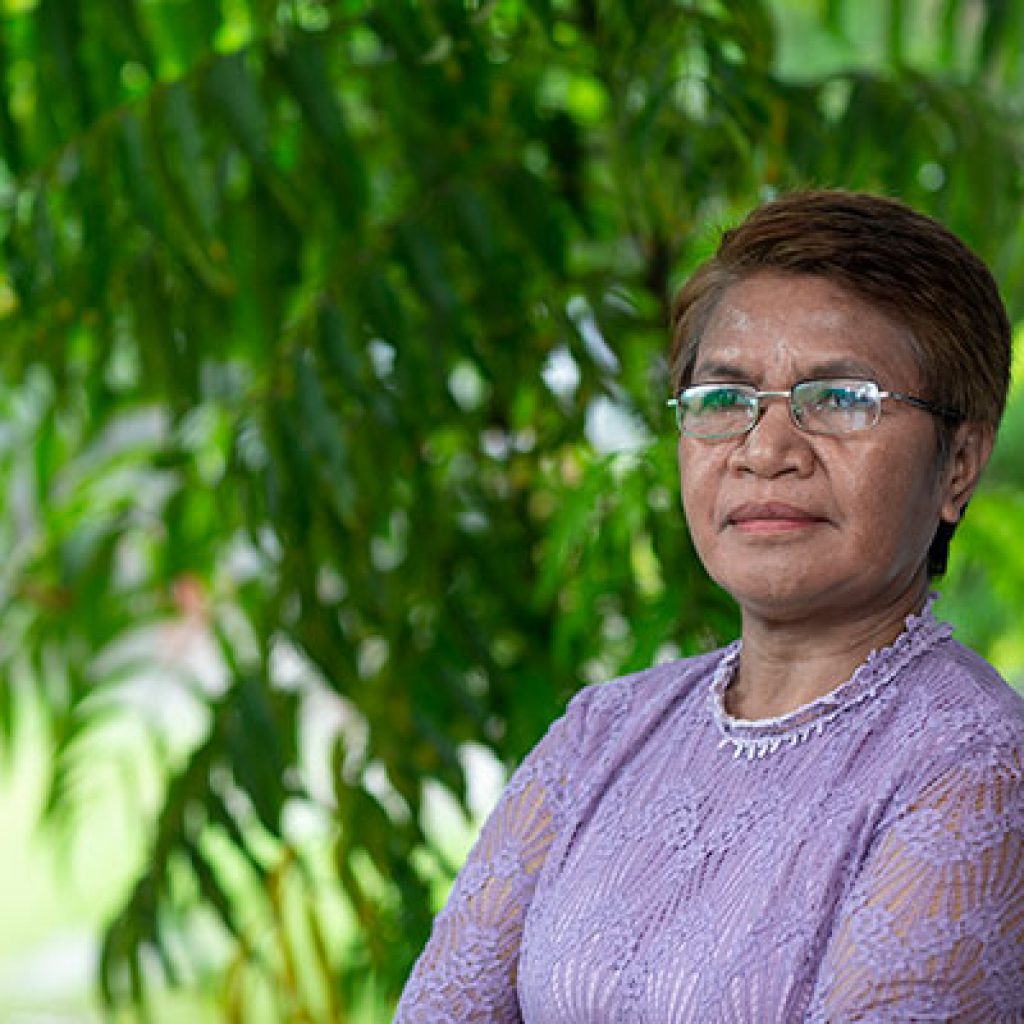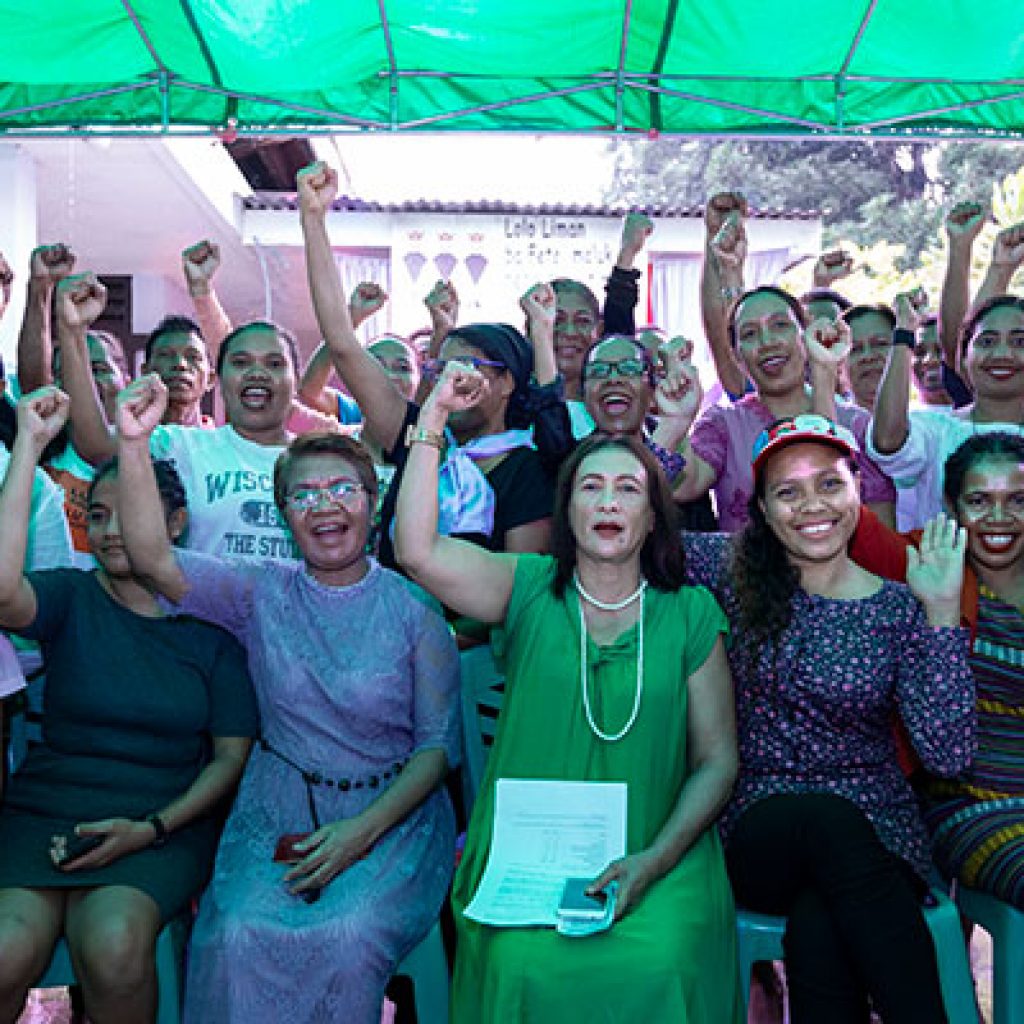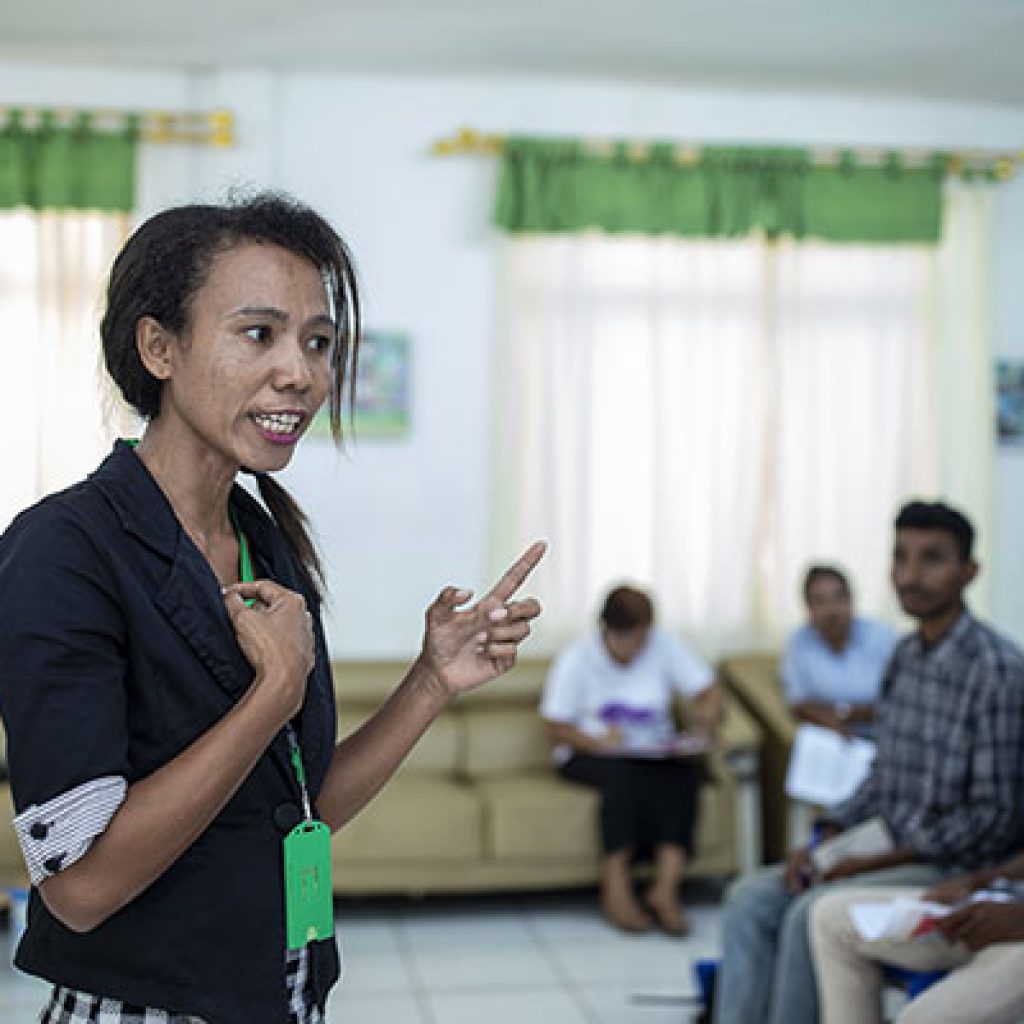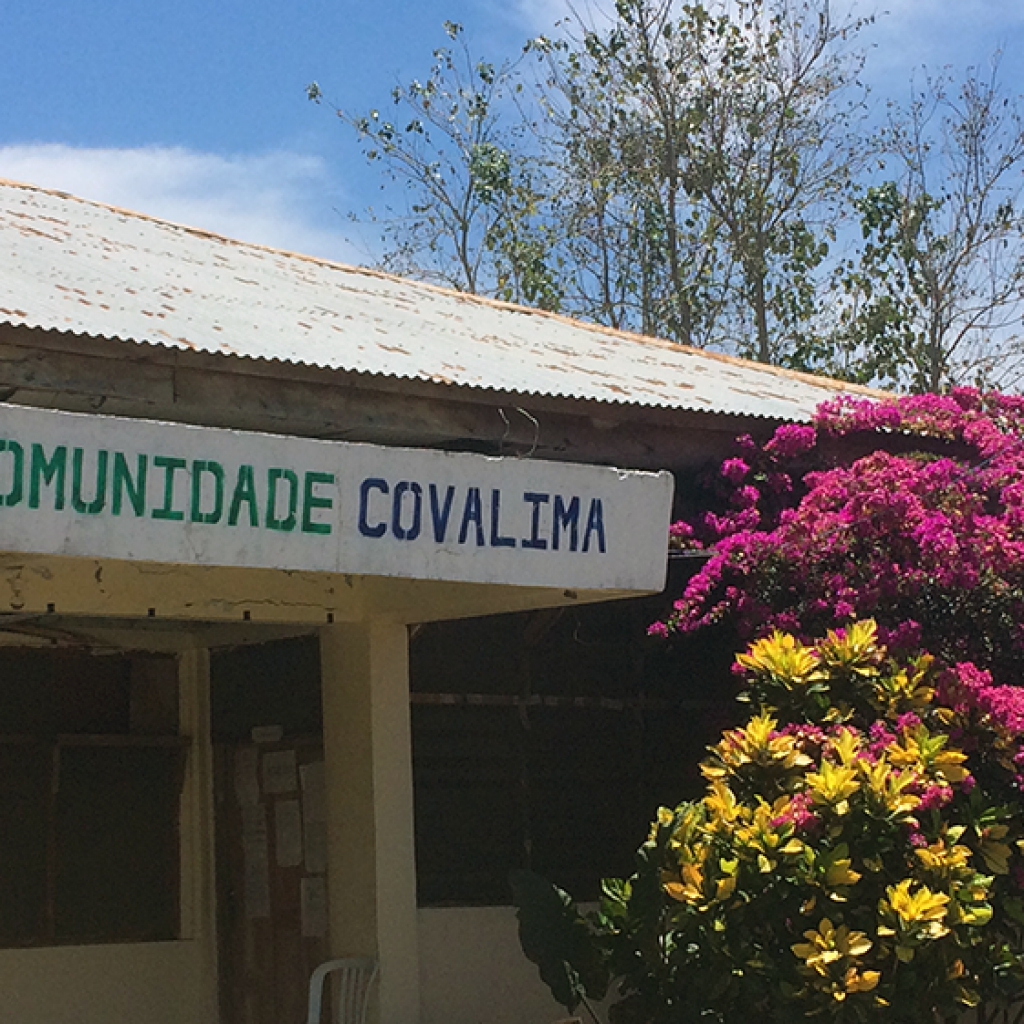
What is it like to visit rural Timor-Leste?
Our Timor-Leste Program Coordinator Sophie Purdue recently travelled to Timor-Leste to meet with our partners for the first time. Here’s her take on the experience.
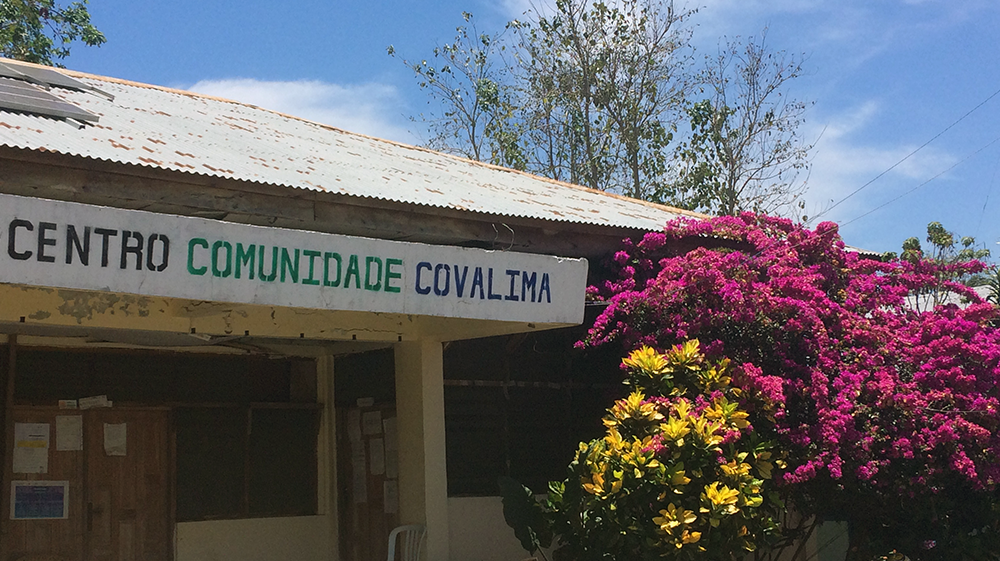
Our Timor-Leste Program Coordinator Sophie Purdue recently travelled to Timor-Leste to meet with our partners for the first time. Here’s her take on the experience.
Flying over the mountains from Dili to Suai, Covalima, you get a real sense of how remote some areas of Timor Leste are. Houses are scattered in valleys and perched on mountain ridges – dirt roads snaking upwards, the only way to access these small villages. Sixty-eight percent of the Timorese population live in rural areas. People living in rural areas tend to fare worse than their urban counterparts do, with significant inequalities persisting. Rural women in particular face many challenges and barriers to realising their rights. Women in rural areas have extremely low levels of political participation and engagement in public decision-making – although encouragingly this improved in the most recent local elections, with a doubling in local women elected leaders! They are mostly reliant upon subsistence farming, so are vulnerable to climate change, natural disasters and food insecurity. There is also a lower awareness of women’s rights amongst rural populations compared to urban populations – entrenched by a patriarchal culture.
IWDA partners with ‘Centro Comunidade Covalima’ (Covalima Community Centre or CCC) on the ‘Rural Women’s Development Program’. The program aims to “empower women to be strong and take part in making decisions in their families and in their communities, and to participate in development and become leaders”. The program works towards this goal through supporting women’s groups and women elected into local leadership positions, through leadership, advocacy and social empowerment training, and skills training for livelihoods activities and savings clubs. It also provides platforms for the women of Covalima to identify and advocate for their priorities through quarterly forums, participation in key events and facilitating constructive dialogue with decision-makers.
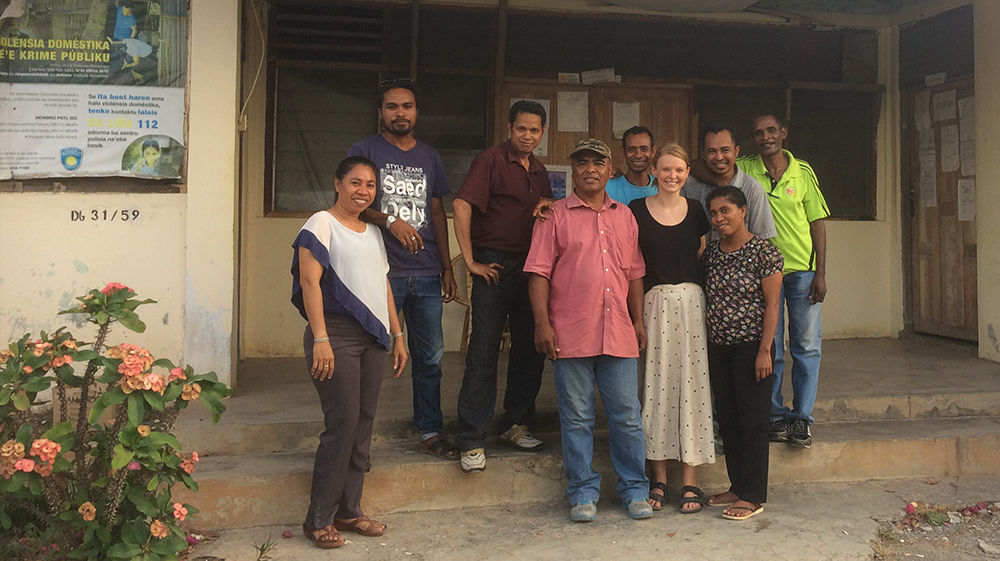
Landing in Suai, it is hot, humid and dusty – the approaching wet season is eagerly anticipated. It is my first time to Covalima and I lap in the surroundings on the drive to the CCC office. Houses are pastel hues and primary colours. Bright pink bougainvillea is trained to provide shady enclaves, respite from the scorching sun. Upon arrival we are greeted by the smiling faces of the CCC staff – it is wonderful to meet in person the colleagues on the other end of the emails. The next three days are jam packed – a whirlwind of hard work, laughter, black coffee, rice and vegetables cooked five different ways, and jumping between English and Tetun (the official language of Timor Leste) that, bar a few words, washes over me. We work together to plan for the reflection workshops CCC will be facilitating with the women’s groups they support; to capture the milestones, successes and challenges from the past 9 years, that will in turn inform their strategy going-forward. New to IWDA, this process allowed me to learn about the incredible amount of work that has happened over the nearly decade long partnership with CCC and all that has been achieved. The program has provided rural women in Covalima with so many opportunities and is shifting attitudes and norms for the promotion of gender equality. As Maun Alberto (the Director of CCC) jovially points out – “see, here at CCC the men serve the coffee too!” The success of the project is a testament to the dedication, tenacity and skill of the CCC staff. I am overjoyed to be coming on board this partnership.
All too quickly, the three days are up and it is time to return to Dili. Photos are taken, plans for ongoing work are scribbled down and warm goodbyes are exchanged. I also promised the CCC staff – with perhaps misguided optimism – that when I return to Covalima next I will be fluent in Tetun. And with that, my plans for summer are made.



